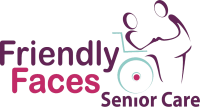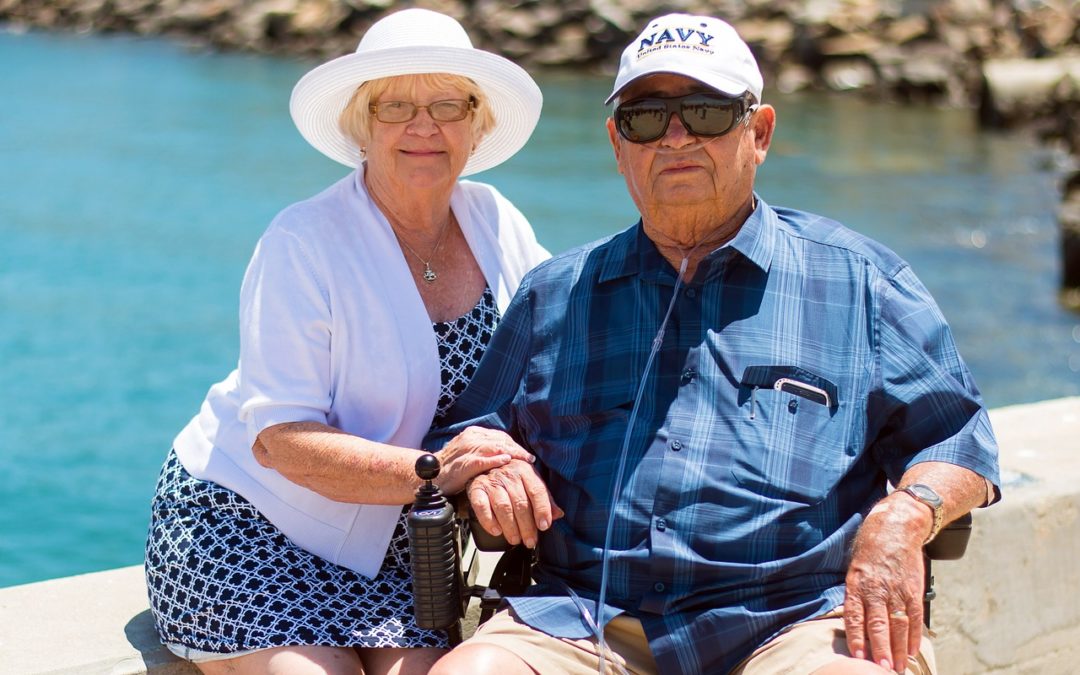Dear Doctor,
I am the family caregiver of one of your patients. The internet offers many definitions of the word “caregiver.” One site intrigued me with the following definitions: “1) An individual, such as a physician, nurse, or social worker, who assists in the identification, prevention, or treatment of an illness or disability; 2) An individual, such as a family member or guardian, who takes care of a child or dependent adult.”
Doctor, I consider us to be partners in the caregiving of my family member and would rather see one definition, perhaps worded in this way: “An individual, such as a health care or social worker, or a family member (parent, spouse, or child), who assists in the identification and treatment and care of an illness or disability.”
As the caregiver for a family member, I am well aware of my caree’s circumstances and certainly feel qualified to assist in the identification, prevention, treatment and care of an illness or disability.
That being said, may I offer the following suggestions as a way that family caregivers and doctors can have better communication and remain partners in the care of our family members?
When you enter the examination room, please acknowledge my caree’s presence, as well as my own.
If my caree is an adult, please remember to communicate with him/her as you would any other adult. Granted, some caree have problems with cognition, but I can assure you that the family caregiver is sitting in the room with the caree, notebook in hand, trying to keep up with what you are saying and taking notes like crazy.
After you have had a chance to get settled in the exam room, it is very helpful to the family caregiver if you ask, “How is everything going? What are your concerns? How can I help you today? What are your expectations for our visit today?”
When speaking with a family caregiver during a crisis or emergency situation, please do not simply offer a list of books or articles to read. This could be compared to giving instructions on how to knit a sweater to a person who is cold! It is in these types of situations where a social worker would be helpful on your health team. Social workers can pull everything together and assist family caregivers in making the correct decisions.
Please try not to use acronyms and abbreviations when you speak to me or my caree.
Please make an attempt to familiarize yourself with our home situation (or at least have it noted in my caree’s chart). Prior to ordering more tests or recommending a visit to a specialist, take into account the potential difficulties that I may have getting my caree out of the house multiple times.
If you have new instructions for me (dressing changes, a change of medications, etc.) please make sure that everything is clearly spelled out. Caring for a family member is not an easy job and life can be unpredictable. By the time we get home, I may not remember the directions that you gave me verbally and I may have difficulty following them.
Please bear in mind that I do not intend to put you on the defensive when I tell you that I have looked up something on the internet. I do not want to create the impression that I don’t trust you or that you don’t know how to do your job. We are partners in the care of my family member and I am doing my part by becoming as well informed as I can.
Please treat my family member as you would your own child, sister or brother, or parent or grandparent.
Doctor, if it appears that I am being too assertive or insistent, please consider that I am my caree’s advocate. Sometimes I become so overwhelmed by the process of managing our lives and care giving that I fail to remember that you have many patients to care for. Then again, caring for and advocating for my career has become my full-time job.
I understand that you are very busy and I would like to thank you for taking the time to read my letter and taking into consideration my concerns.
Signed,
A Family Caregiver
At Friendly Faces Senior Care, we understand the challenges of caring for a senior loved one at home, and we’re here to help! Contact us any time to learn more about our senior care solutions in Houston, TX and the nearby areas.

